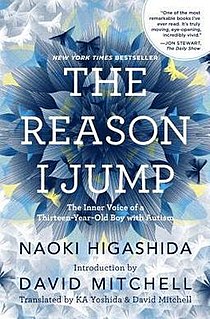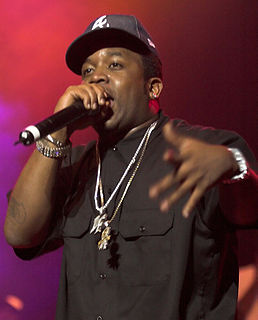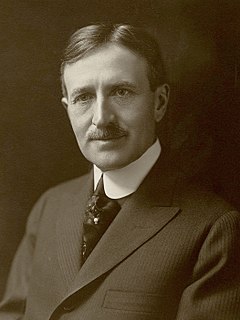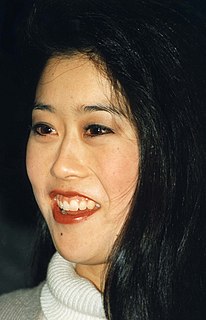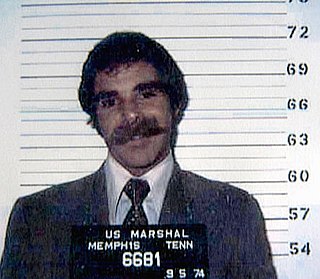A Quote by Brad Grey
I learned no detail was too small. It was all about the details.
Related Quotes
The elements of a good story are most definitely details, little bitty details. That does it, especially when you're describing, when you're setting the scene and everything. It's like you're painting a picture, so details are very important. Also, the music gotta be right. The music can really set the tone for the story and let you know what the story is gonna be about, but definitely, it's the vibe in the place where you at and the detail.
Of all human activities, writing is the one for which it is easiest to find excuses not to begin – the desk’s too big, the desk’s too small, there’s too much noise, there’s too much quiet, it’s too hot, too cold, too early, too late. I had learned over the years to ignore them all, and simply to start.
An executive cannot gradually dismiss details. Business is made up of details and I notice that the chief executive who dismisses them is quite likely to dismiss his business. Success is the sum of detail. It might perhaps be pleasing to imagine oneself beyond detail and engaged only in great things, but as I have often observed, if one attends only to great things and lets the little things pass the great things become little; that is, the business shrinks.
There's a tendency at the senior and middle-manager level to be too big-picturish and too superficial. There is a phrase, "The devil is in the details." One can formulate brilliant global strategies whose executability is zero. It's only through familiarity with details - the capability of the individuals who have to execute, the marketplace, the timing - that a good strategy emerges. I like to work from details to big pictures.
I've been asked to do small parts in films, but you know, what I've learned in the 12 Steps of Recovery is that for me, being a public person, is not a very healthy thing. There's too many drugs, too many jets, too many girls, too many parties. It's just not my lifestyle. I'm 58 years old. A good round of golf is about as exciting as my life gets.

